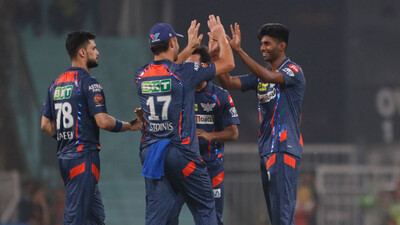In its latest report, the United States Trade Representatives (USTR) Monday said the US will press India to revise its labelling requirements for food and distilled spirits in 2012. It also sought permanent exemption from the requirements that wine and distilled spirits labels include an ingredients list and disclose the date the product was manufactured.
USTR said India`s Bureau of Indian Standards has proposed a "Toys and Toy Products (Compulsory Registration) Order" that would impose additional testing requirements on toys manufactured abroad.
Under the proposed order, foreign manufacturers would only have 45 days to demonstrate that their toy products comply with the proposed testing requirements. "The proposed rule also appears to establish a new registration procedure that will require foreign toy producers to provide detailed and burdensome information related to toy manufacture," it said.
The US has asked India to postpone implementation of the order until all interested parties have had an opportunity to submit written comments and the Indian government has had an opportunity to consider those comments.
According to the report, the US noted that India`s proposal, in contrast to US and international best practices, would establish a de facto in-country testing requirement.
The US explained that India`s safety objectives could be satisfied by less trade-restrictive approaches such as recognising test results from internationally recognised laboratories, including those accredited under the International Laboratory Accreditation Cooperation Mutual Recognition Arrangement.
US industry continues to have serious concerns regarding India`s proposed Drugs and Cosmetics (Amendment) Rules, 2007. Specifically, industry is concerned that the rules may subject imports of US drugs and cosmetics to a potentially costly and burdensome registration and licensing system.
Beyond the administrative costs of conforming to the registration and licensing requirements, certain aspects of the requirements, such as in-country testing and frequent registration renewals for imported products, could result in delays in bringing US cosmetic and pharmaceutical products to the Indian market, USTR said.
The US also expressed concern over the Indian regulations with regard to a number of telecommunications security regulations. These regulations, which India did not notify to the WTO, generated significant uncertainty and confusion for the US telecom industry. In response to US concerns on the measures, India suspended the use of the "template agreement" and agreed to review its security regulations.












